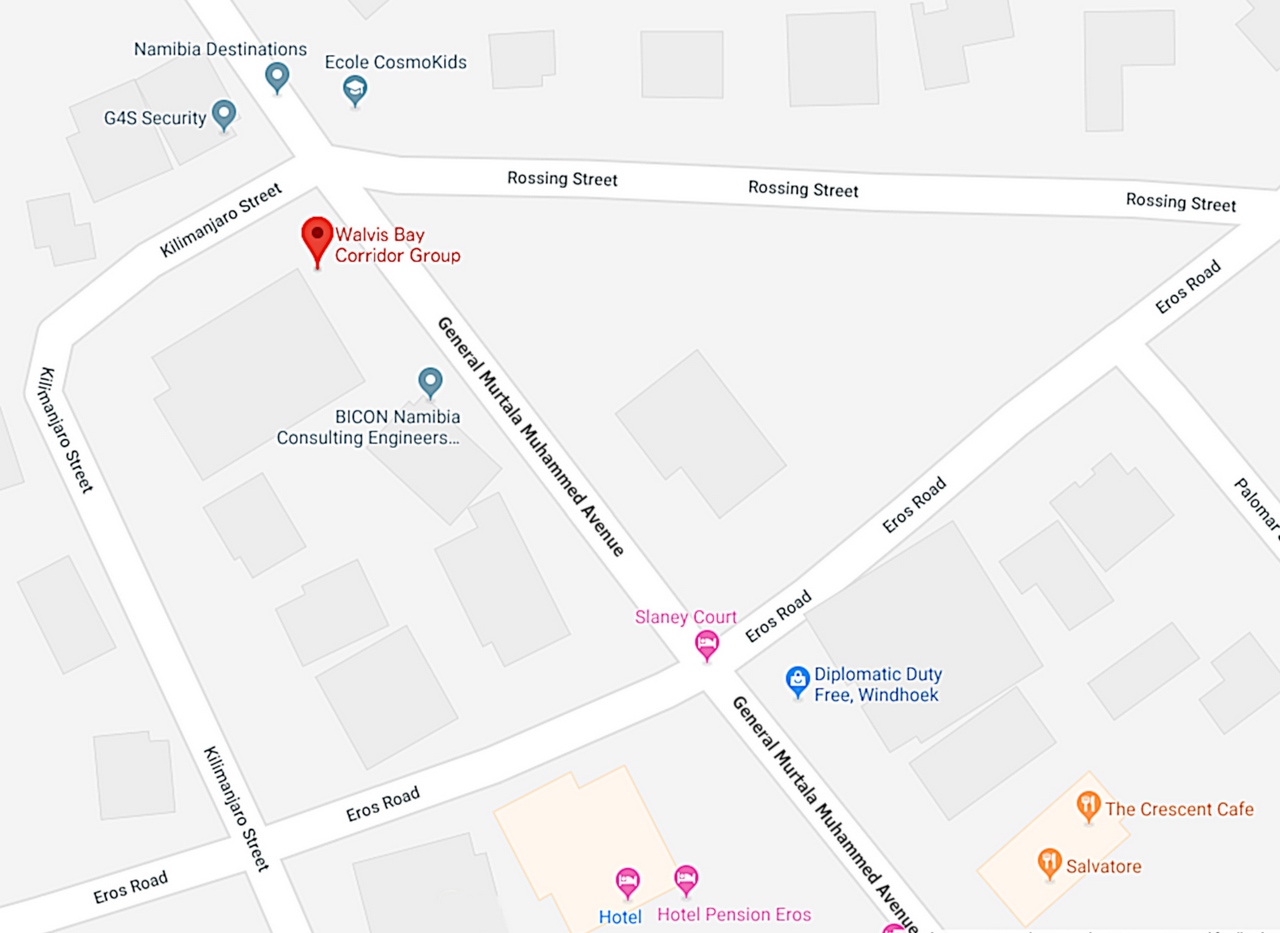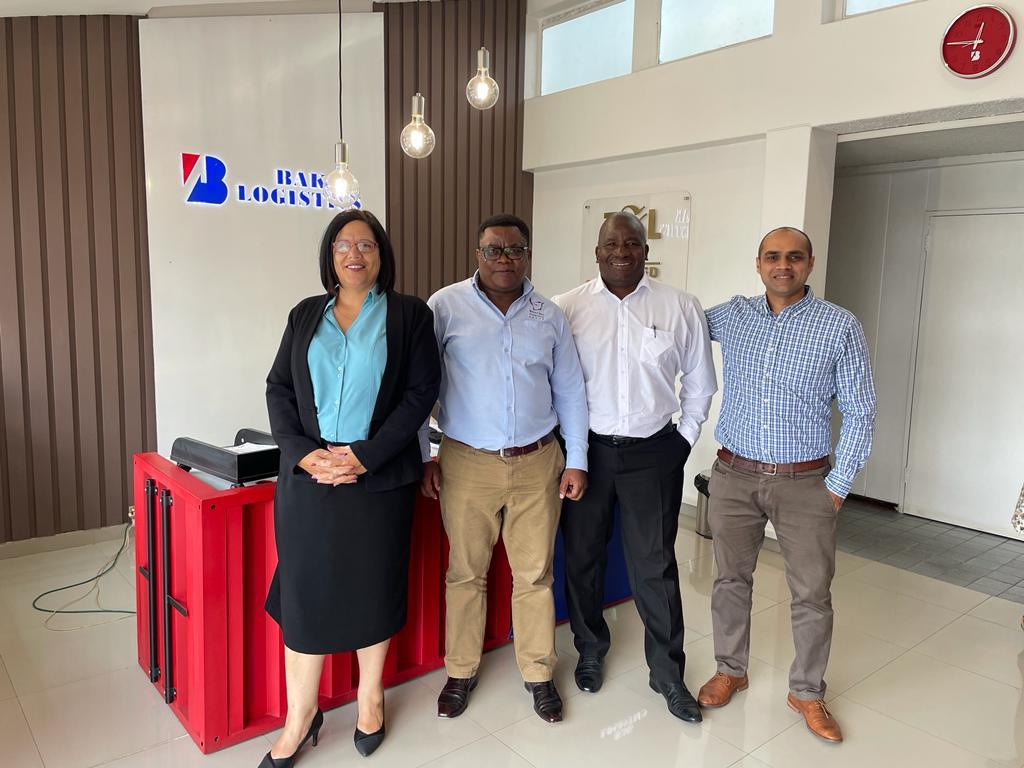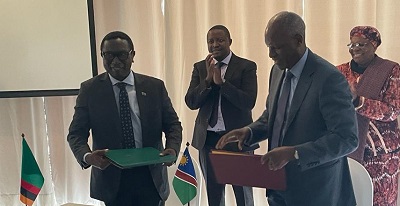Namibia to pilot SADC high-speed railway project
Posted: 3 Apr 2020
The Walvis Bay – Windhoek – Gaborone – Pretoria regional railway line was selected as one of the two regional high-speed railway projects to be implemented as part of the first 10-year Implementation Plan, of the African Union (AU) Agenda 2063 (2014-2023/2025).
This follows the validation of the “Detailed Scoping Study of the Continental High Speed Railway Network Project” by the AU – Specialized Technical Committee (STC) under their Transport Bureau, in Cairo during the Program for Infrastructure Development Agenda (PIDA) Week 2019.
With the idea to engage footprint pilot countries, to assess their “readiness” to implement Agenda 2063 high-speed railways network pilot project, the African Union Development Agency (AUDA) held deliberations in Windhoek this month. Under the meeting goers were representatives of Namibia, Botswana, South Africa, the Trans Kalahari Railway Project, the Walvis Bay Corridor Group (WBCG), TransNamib Holdings and Trans Kalahari Corridor Secretariat (TKCS).
According to WBCG Project Manager, Mr Gilbert Boois, the workshop will culminate in the establishment of national and regional coordinating committees. “A detailed feasibility study and detailed design and engineering study will be conducted during 2020 /2021 to ensure the project is bankable. It is envisaged that a transaction advisor be appointed in 2022 to ensure the project reaches a financial close”, he explained.
This resulted in the Trans Kalahari Railway Project being integrated and elevated to the AU Agenda 2063 high-speed railways network pilot project, which is championed by South African President, as Chairperson of the AU, under the Presidential Infrastructure Campion Initiative (PICI).
“Once all things align, the project should commence construction in 2023 and is expected to unlock the inherent economic potential of Namibia’s Logistics Master Plan implementation. It will further stimulate much needed industrial value chain development of key growth nodes along the Trans Kalahari Corridor”, says Mr Boois.








